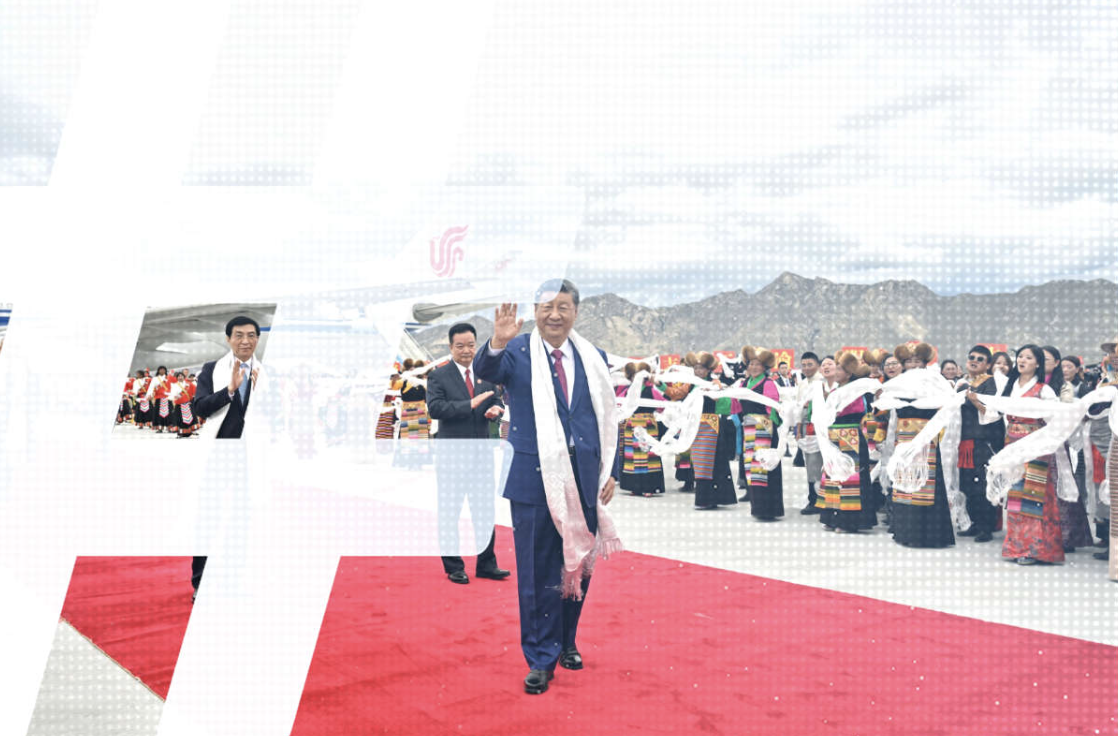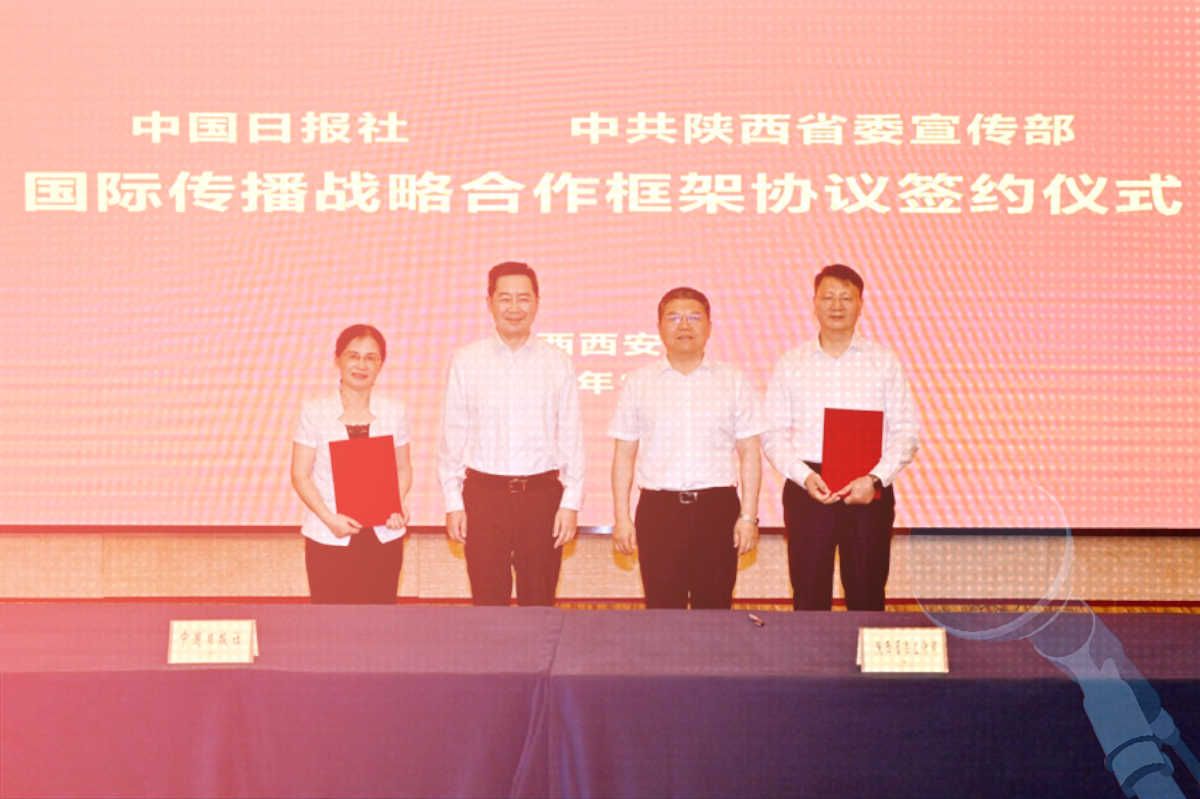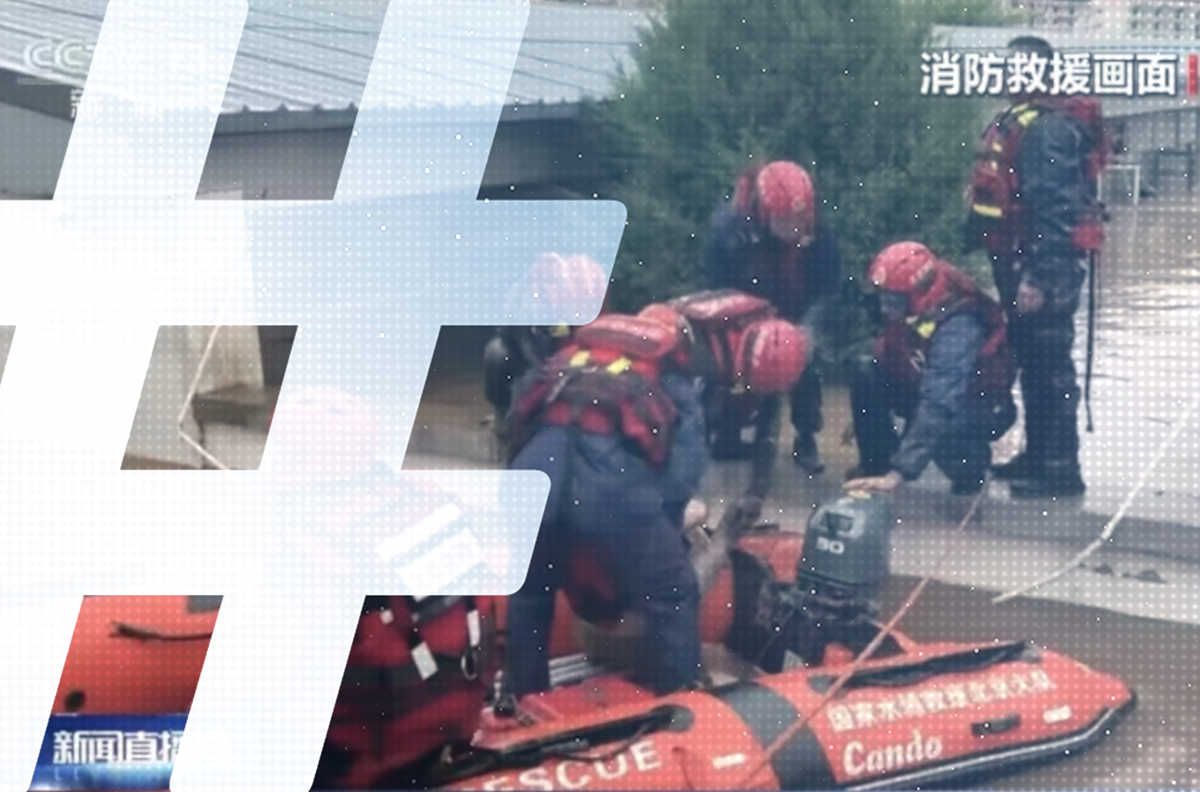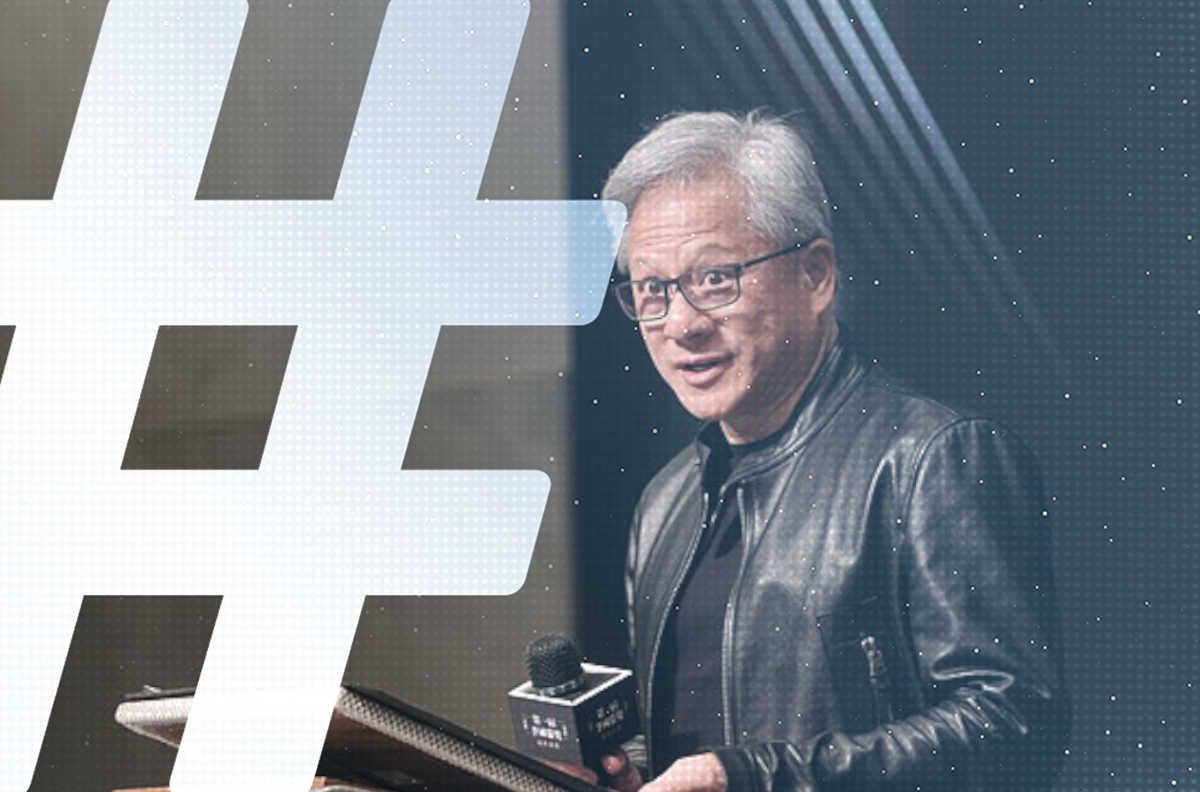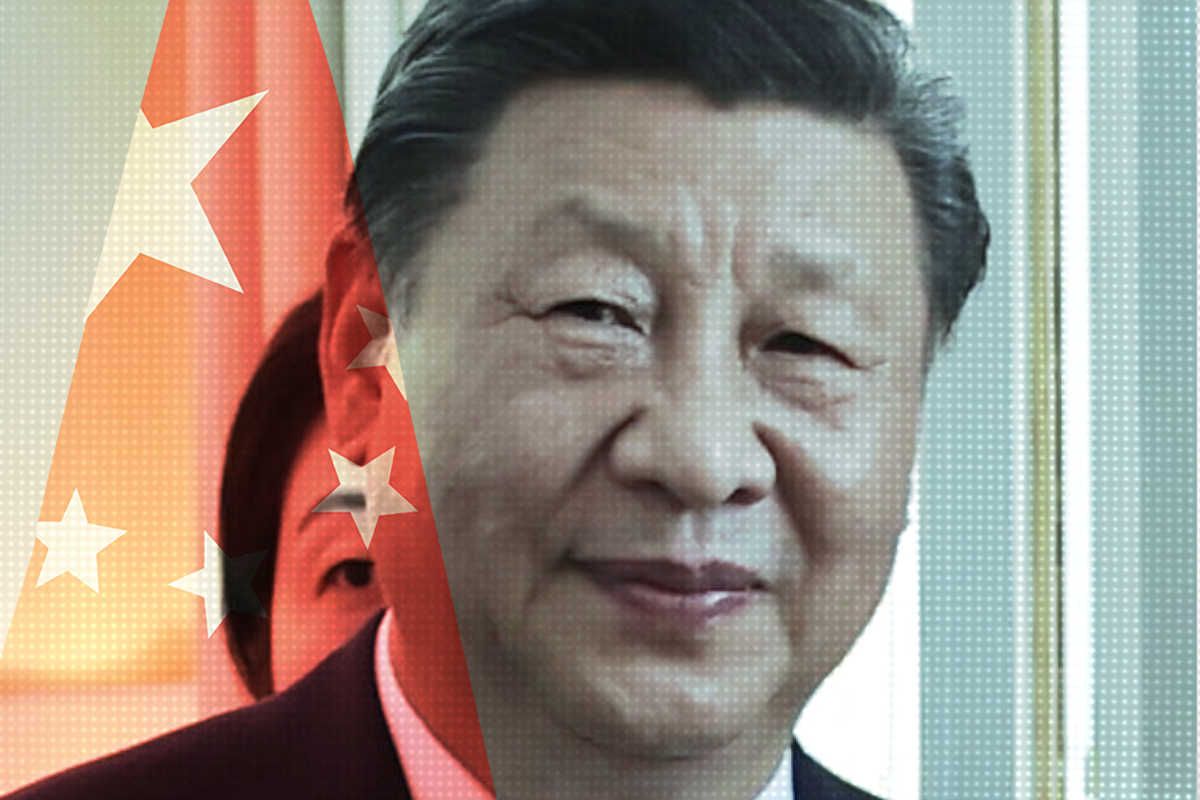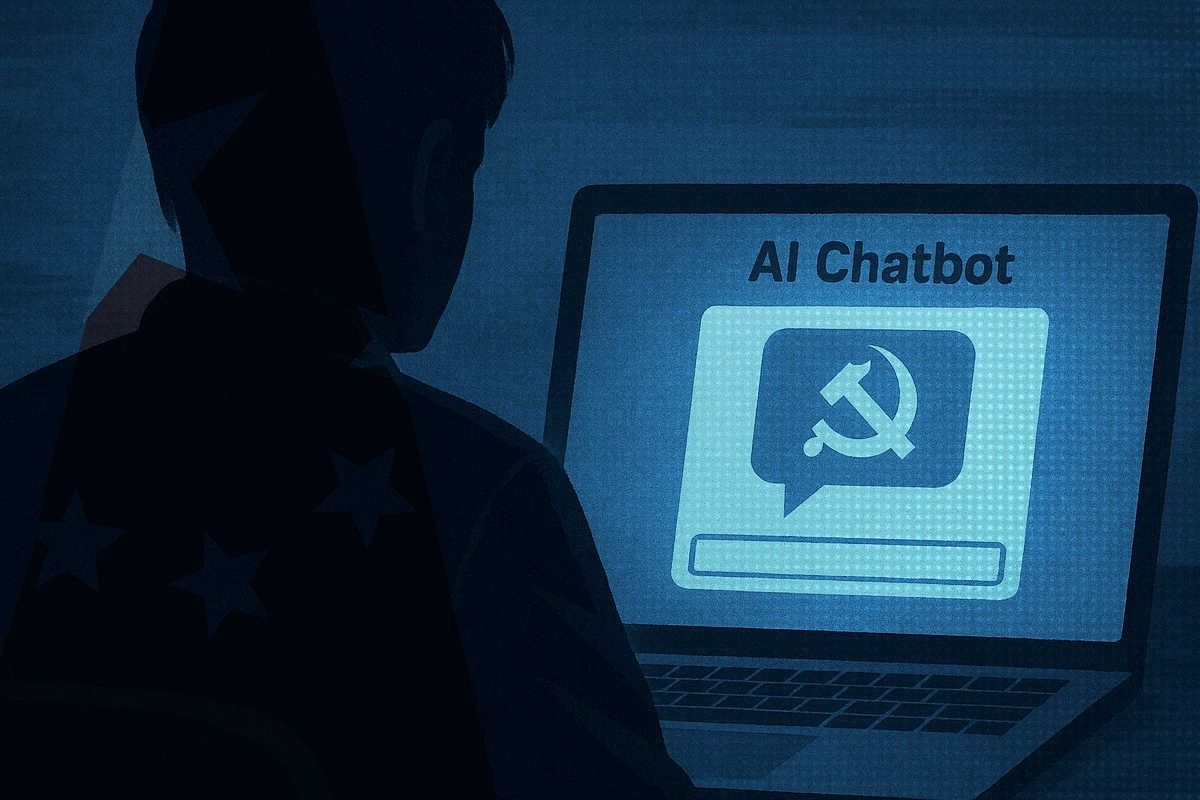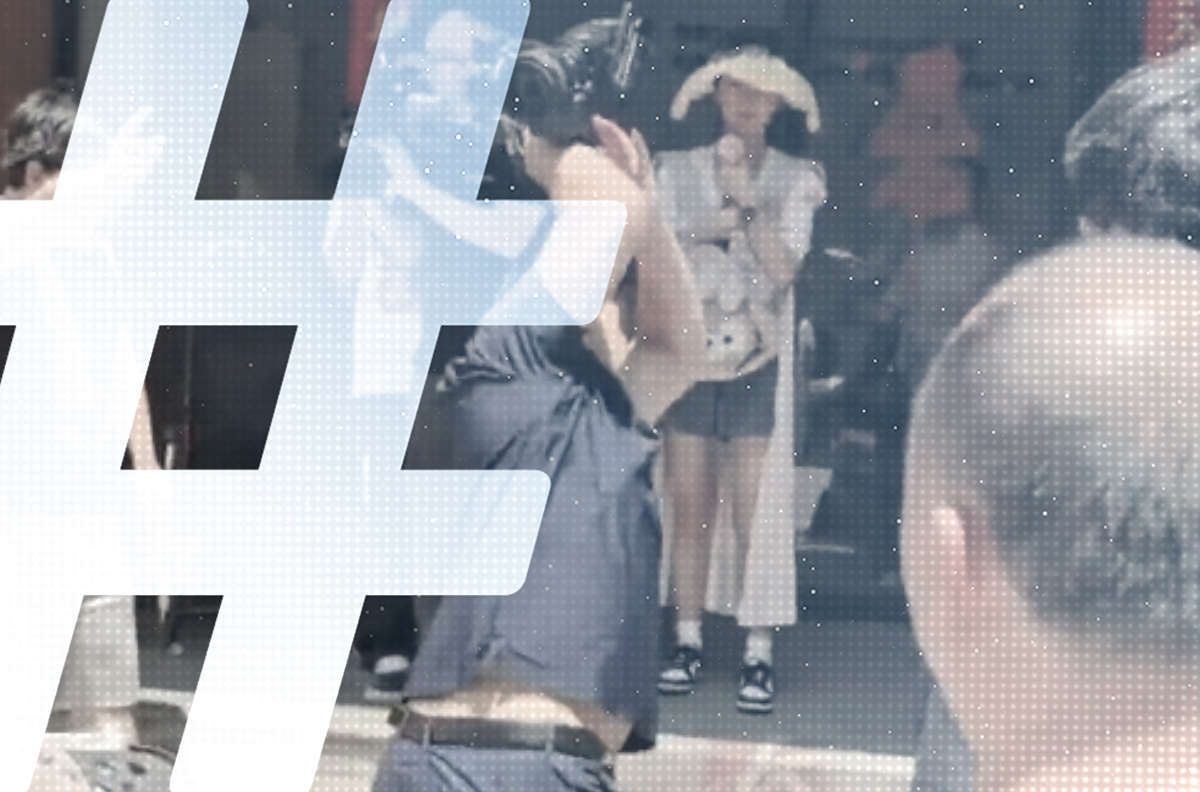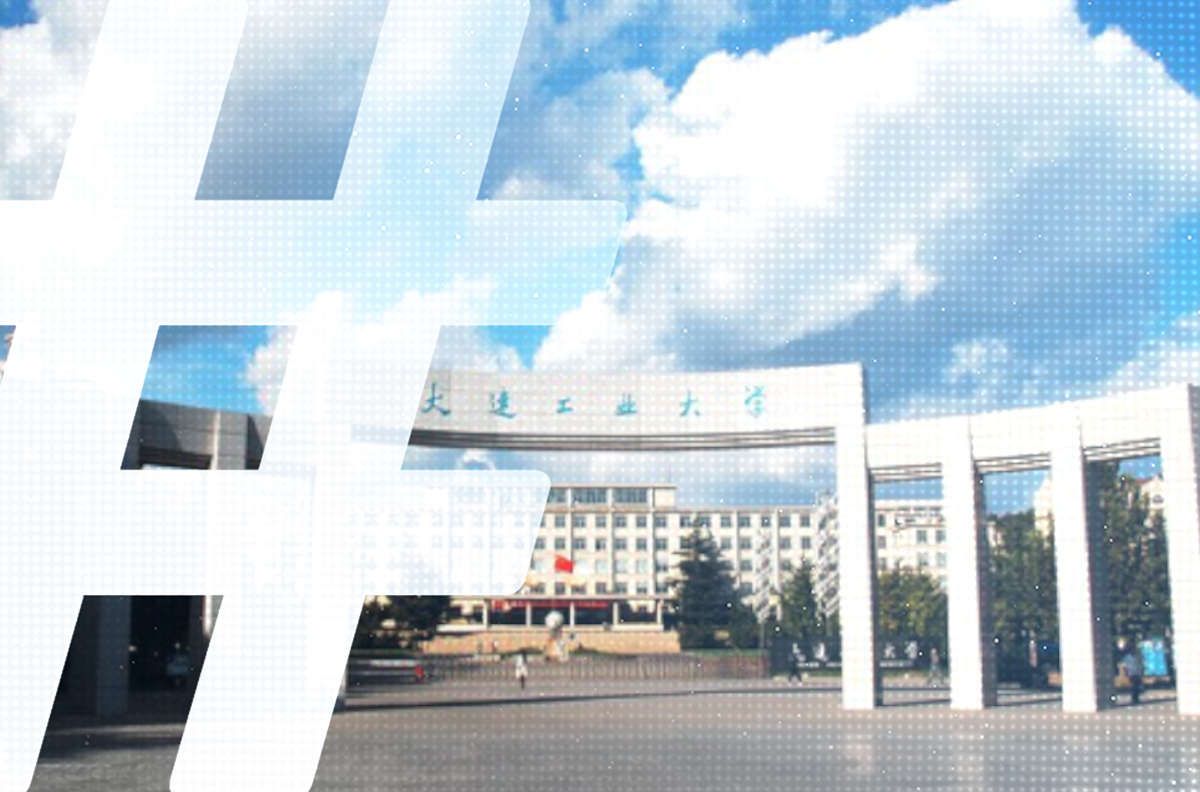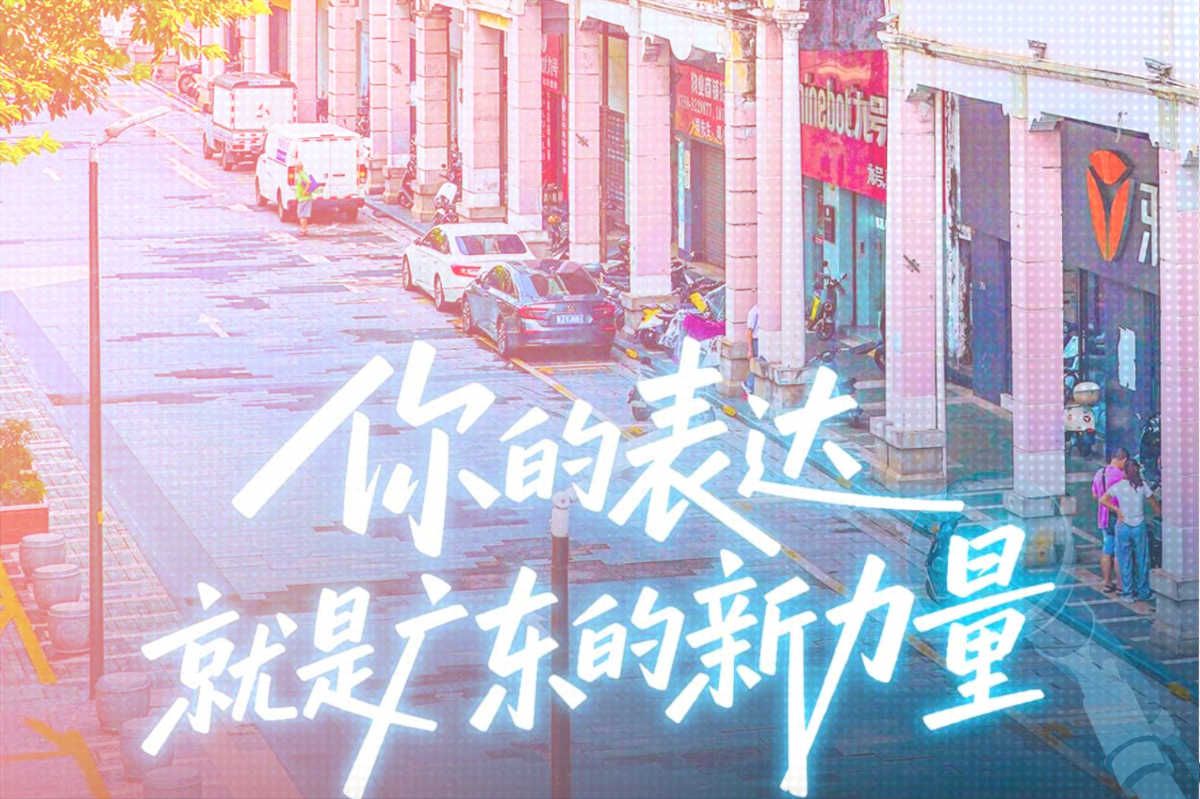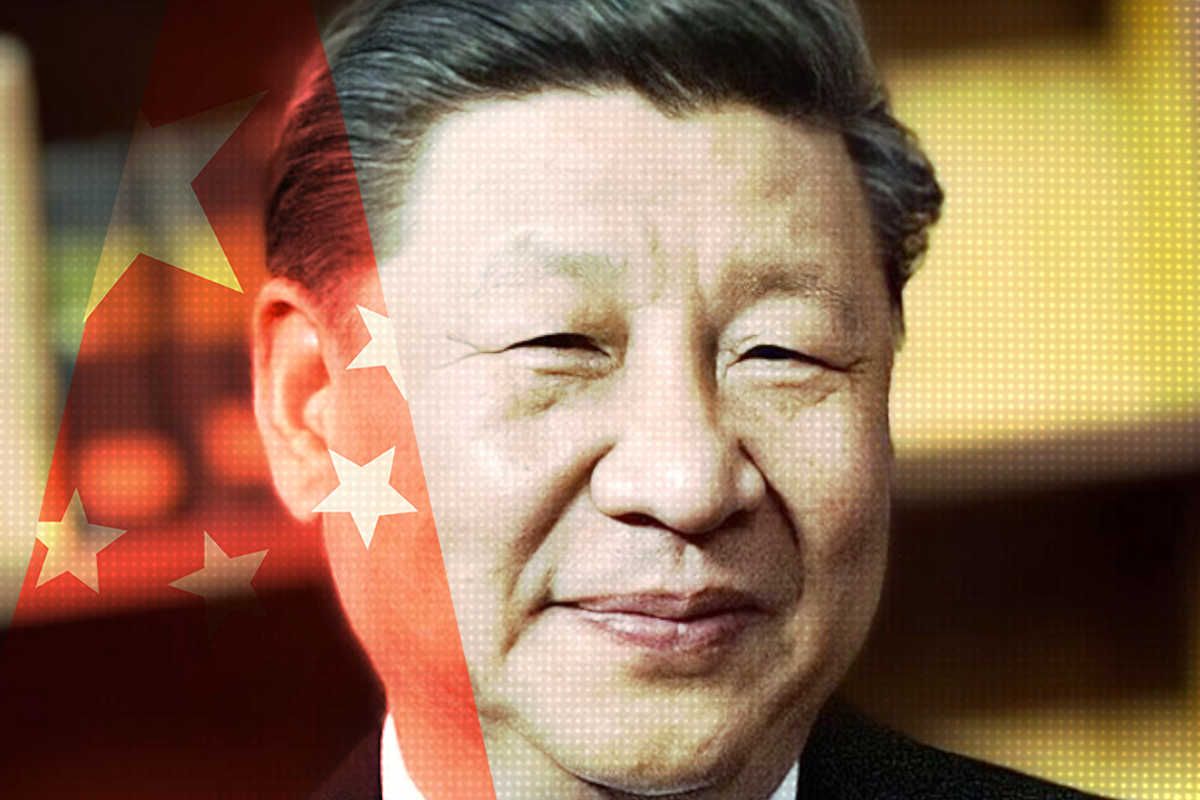Headlines and Hashtags
A Literary Reference Backfires
On December 3, Chinese foreign ministry spokesperson Hua Chunying (华春莹) held a press conference at which a journalist asked about a recent op-ed by U.S. Secretary of State Mike Pompeo published through the US news site POLITICO, in which he said that in light of security concerns over 5G technology “it’s critical that European countries not give control of their critical infrastructure to Chinese tech giants like Huawei, or ZTE.”
Pompeo’s remarks included a range of accusations against Huawei in particular, noting its links to the Chinese military, charges that it engaged in espionage in the Netherlands, the Czech Republic and Poland, and allegations that it stole intellectual property from countries such as Germany and Israel. Pompeo also pointed to Chinese state subsidies for Huawei as evidence of unfair practices that “undercut prices offered by market-based rivals.”
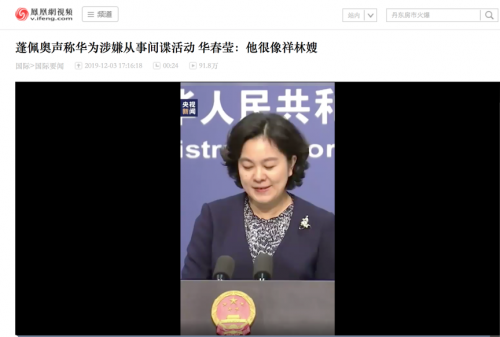
In her response to the question, Hua Chunying once again employed the sort of colorful (and often mistaken) language that has been her signature, and has often in the past sparked lively discussion in the Chinese social media space. Invoking the novel Blessing (祝福) by the writer Lu Xun (鲁迅), a leading figure of modern Chinese literature at the start of the 20th century, the spokeswoman said Pompeo resembled the character Auntie Xianglin (祥林嫂), who in the book always chatters on and on about the same topic.
Hua’s implication was the Pompeo’s utterances on Huawei and the 5G issue were tiresome. “As I see it, Mr. Pompeo’s behavior now really resembles that of Auntie Xianglin,” Hua Chunying said. “But of course, Auntie Xianglin prattles on with nonsense about certain harmless topics, while Pompeo prattles on with poisonous lies.”
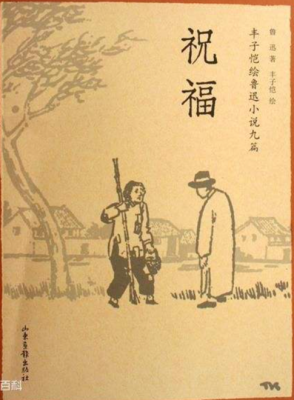
What should we know about Auntie Xianglin?
Auntie Xianglin appeared in Blessing in 1924, at a time of great internal upheaval in China.
In the book, we learn that Auntie Xianglin was widowed at a young age, after which she ran away from the household to seek work, and was subsequently caught and carted back by her mother-in-law, who arranged another forced betrothal. She then gave birth to a son – at that time, of course, a huge honor – but the son was killed and eaten by a wolf. In light of her experiences, Auntie Xianglin is broken spiritually, something Chinese readers have felt they can understand and relate to.
When Hua Chunying referenced Auntie Xianglin’s “prattling,” she presumably meant passages like this one, in which the character relates her personal trials:
I was foolish, truly. I only knew that during the snows when the wild animals in the mountains have nothing to eat, they’ll come into the village; I didn’t know that it might happen in the spring too. In the morning I opened the front door, and took a basket of beans, and I told Ah Mao to sit there on the threshold and peel them. He was such an obedient child, so he did what I said. I went out. I was chopping firewood and washing rice behind the house, and we were going to steam the beans. “Ah Mao!” I called. There was no answer. When I went over, the beans were scattered all over the ground, and our Ah Mao was nowhere to be seen. We looked everywhere. I was beside myself. They sent out a search party. People searched the mountains into the afternoon, and they found one of his shoes in the brambles. Everyone said, that’s it, we’re afraid the wolves have gotten him. They went further in and there he was lying in the grass, his insides already eaten out. The poor child still had a bean held tightly in his hand . . . . “
This poor woman often relates the story. She repeats it as soon as she finds a willing ear. The above is a very classic passage from Lu Xun’s novel, which was made into a film in China in 1956.
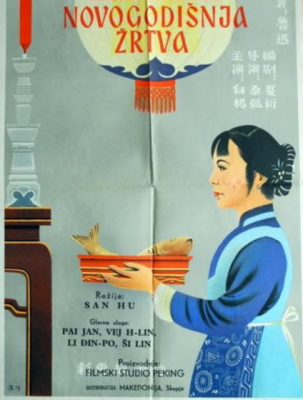
How can this poor woman who was victimized and suffered under a feudal ethical system be used in reference, with critical overtones, to an American government official?
Here is the response from one Chinese internet user, in which they employ the Chinese Communist Party’s own unique political discourse to criticize Hua Chunying’s tactic:
Auntie Xianglin is a classic image in the arts, a laborer from the bottom of society who in the old society was persecuted by feudal forces, and she has long been a figure with whom readers sympathize. Her constant prattling is a condition of her spiritual collapse as a result of her persecution. And now, a spokesperson for the Ministry of Foreign Affairs makes a comparison to Auntie Xianglin when mocking a foreign politician, and it seems that in her eyes Auntie Xianglin is a comical and ridiculous figure, someone clownish and undeserving of sympathy; and we are told that Auntie Xianglin’s constant prattling of the story of her son being eaten by a wolf is “harmless nonsense.” This shows a shocking ignorance of history, a low cultural character, and a lack of empathy and compassion.
Hua Chunying, I ask you: How are you preserving your sense of advancement as a CCP member? How many sessions on not forgetting the original inspiration and holding to the mission have you actually attended?











